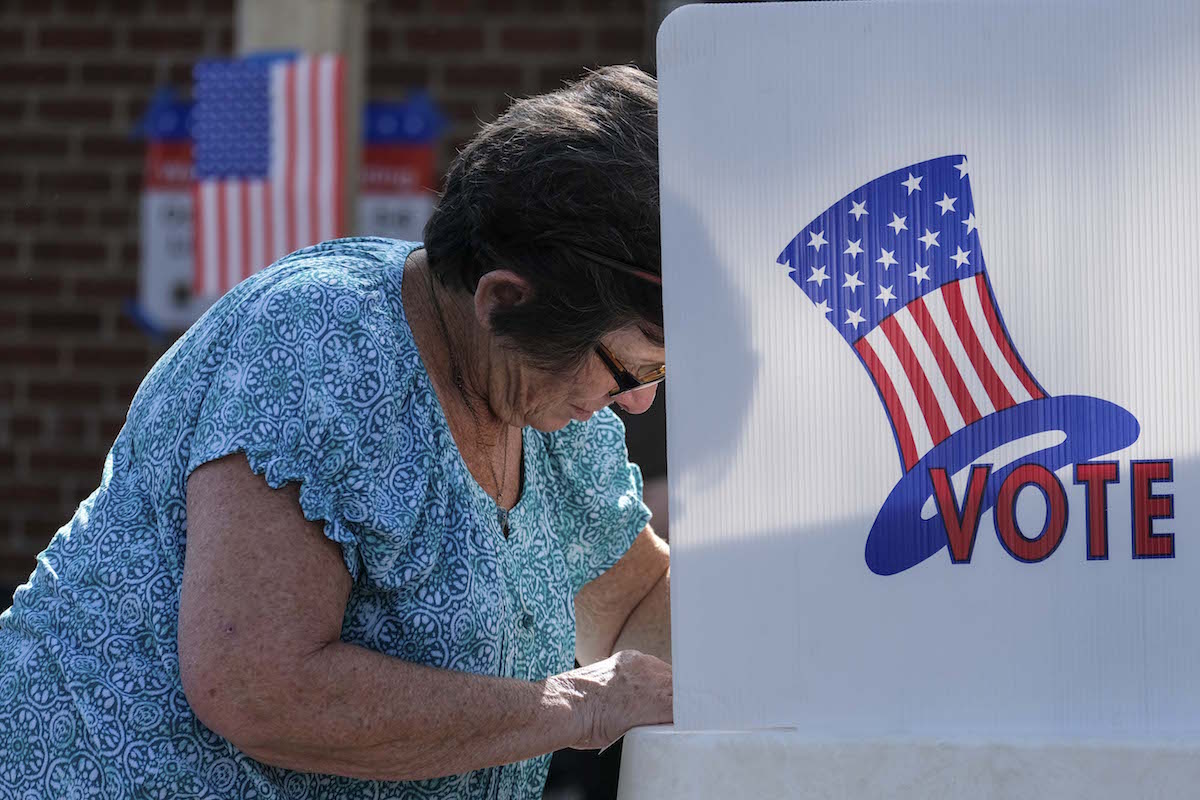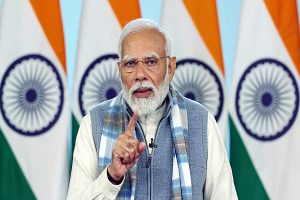The reactions to the counting process in the US Presidential election have come along predictable lines and suggest that President Donald Trump is determined to play out the script he had prepared and hopes that courts of law ~ principally the Supreme Court which has a 6:3 conservative majority ~ will affirm his position. Briefly the facts are these. Due to the coronavirus epidemic and concerns about visiting polling booths, a record number of Americans opted to use mail-in ballots; more than 40 per cent of them mailed in their votes.
The Democrats maintain that an election can be declared only after all votes are counted; Mr Trump argues that votes that have not reached by counting day should not be considered and says he will challenge legally any process that goes beyond this.
The point of contention arises because some states especially Pennsylvania that hold the key to the election have announced they will consider all votes that were posted on or by polling day ~ 3 November ~ and that they will be guided by the postal mark in determining whether or not a vote is valid.
This means it could take up to 6 November before all the votes are in and counted. While both sides see merit in their positions, it must be conceded that Mr Trump’s assessment of voting behaviour has been spot on.
Quite rightly, he had anticipated that those Americans who were most distressed by his handling of coronavirus would be the ones to exercise the greatest caution, and thus opt for mail-in voting which it must be emphasised is a legal option.
Therefore, from early in the campaign, indeed even earlier, he has been castigating mail-in votes as a gigantic fraud and threatening not to accept them. He said this often enough and loudly enough for at least his supporters and at least some others to wonder if there wasn’t any merit in the charge.
The doubt having been cast, he then exhorted all his supporters to vote in person, saying he would contest mail-in votes that did not reach by 4 November.
The central problem of course is that a democracy as mature as the United States is follows an electoral system for its highest office that is riddled with inconsistencies. For instance, it is not the person who secures the most votes who becomes President but the one who secures most electoral college votes. Thus, theoretically, a candidate winning a majority of the votes, and winning most of the states with small shares in the kitty with thumping majorities could still lose the election if he or she were to lose states with large shares in the electoral college by miniscule margins.
To compound this, and amazingly for a federal election, different states follow different rules on counting. After the Bush v Gore battle which had to be settled by the Supreme Court, and the 2016 election where Hillary Clinton lost despite securing more votes overall, one would have expected Americans to introspect about their electoral rules. Instead, they find themselves in a mess that can only be resolved immediately if mailin votes favour Mr Trump. For as he said immediately after the vote, he hates losing.












